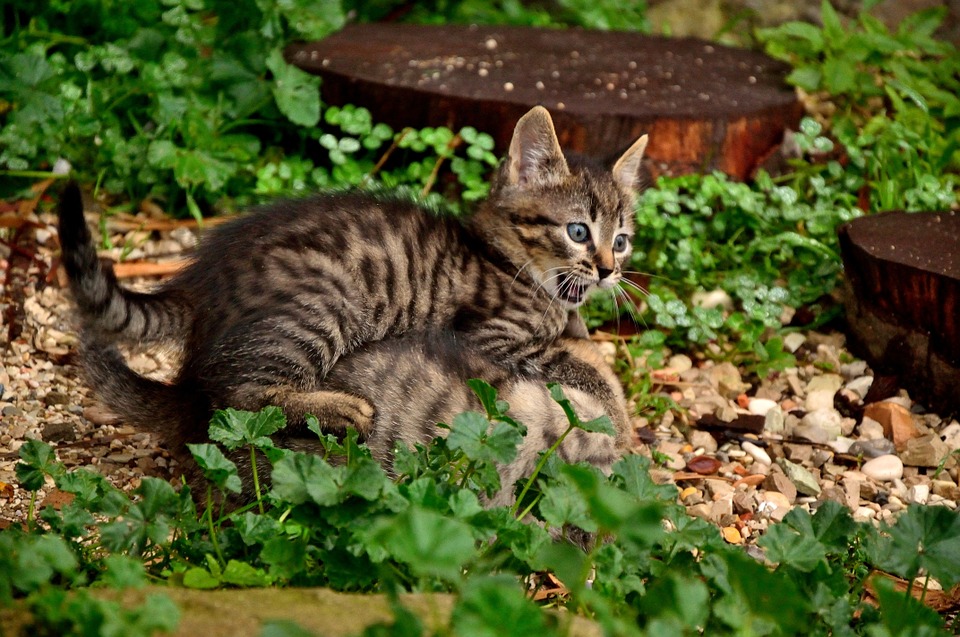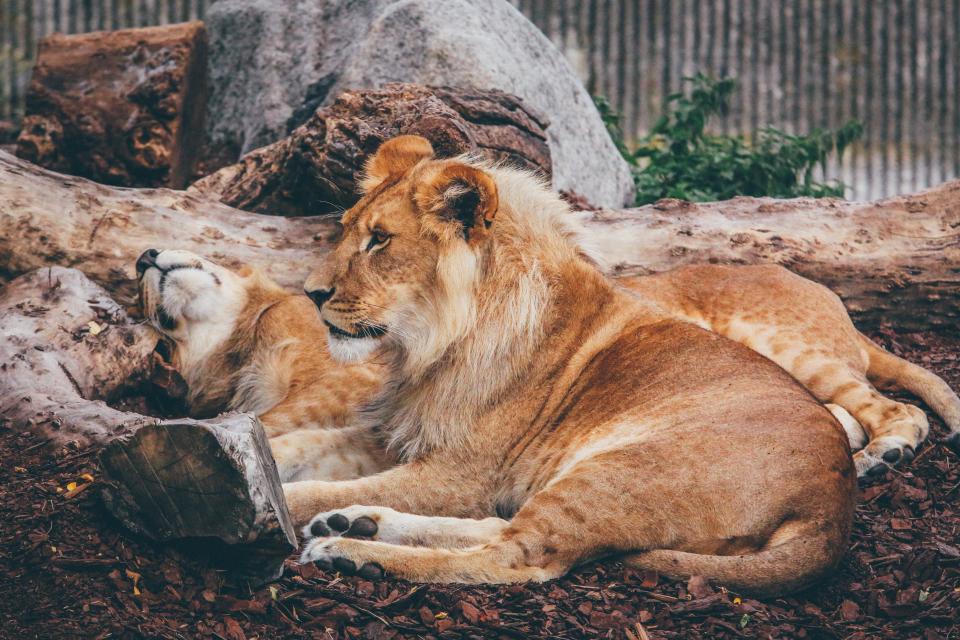This article delves into the fascinating world of feline sleep patterns, exploring whether cats are truly nocturnal, their unique sleep-wake cycles, and the factors that influence their behaviour. We'll examine the evolutionary origins of their crepuscular nature, the differences between domestic and wild cats, and the impact of human interaction on their sleep schedules. This comprehensive guide will provide valuable insights into the sleep habits of our feline companions.
Part 1: Debunking the Myth

1.1. The Nocturnal Myth
- The term "nocturnal" refers to animals primarily active at night, like owls and bats.
- Cats, while known for their nighttime activity, are not strictly nocturnal. Their activity patterns are more complex.
1.2. The Crepuscular Nature of Cats
- Cats are classified as crepuscular, meaning they are most active during the twilight hours – dawn and dusk.
- This crepuscular behaviour has a distinct evolutionary advantage.
Part 2: Evolutionary Roots of Cat Sleep Patterns

2.1. Ancestral Instincts
- The ancestors of domestic cats, wild felines, evolved to hunt in low-light conditions, taking advantage of the dim light at dawn and dusk.
- This crepuscular activity allowed them to avoid direct sunlight, which could make them vulnerable to predators and interfere with their hunting strategies.
2.2. Hunting Advantage
- Hunting at dawn and dusk offered a strategic advantage. Prey animals were less alert during these times, making them easier to catch.
- Additionally, the reduced visibility during twilight hours provided an element of surprise for the cats.
2.3. The Importance of Sleep for Wild Cats
- Wild cats need to conserve energy for hunting and defending their territory.
- They often nap during the day to avoid being detected by predators and to prepare for the next hunt.
Part 3: The Sleep-Wake Cycles of Domestic Cats

3.1. The Impact of Domestication
- Domestic cats, unlike their wild counterparts, have adapted to human schedules and lifestyles.
- Their sleep patterns have become less rigidly crepuscular, with more flexibility to adjust to their owner's routines.
3.2. Daytime Slumber
- Domestic cats typically spend a significant portion of their day sleeping, up to 16 hours or more.
- This is due to their natural hunting instincts and efficient metabolism, requiring less energy for daily activities in a domesticated environment.
- While they may appear lazy, they're actually conserving energy for bursts of activity, like playing or hunting.
3.3. Night-Time Activity
- While domestic cats may sleep during the day, they often become more active at night, particularly if their owners are asleep.
- This behaviour is influenced by factors such as the availability of food, play, and attention from their owners.
- Many cat owners provide food and play time at night, reinforcing this pattern.
Part 4: Factors Influencing Cat Sleep
4.1. Age and Health
- Kittens sleep more than adult cats, with their high energy levels requiring frequent rest.
- Older cats may sleep more due to age-related changes in their body and activity levels.
- Health conditions can also affect sleep patterns, with illnesses causing increased lethargy or restlessness.
- A veterinarian can help determine if a change in sleep is due to a medical issue.
4.2. Diet and Exercise
- A well-balanced diet and regular exercise can help regulate sleep patterns.
- Cats with a high-calorie diet may sleep more due to their increased energy intake.
- Exercise can help tire cats out, promoting restful sleep.
- Playtime is essential for cats and can help reduce nighttime activity.
4.3. Environmental Stimuli
- Noise, light, and temperature can all affect cat sleep.
- Cats are sensitive to changes in their environment and may wake up if disturbed.
- Providing a quiet, comfortable, and safe space for sleep is crucial.
Part 5: Sleep Stages in Cats
5.1. REM Sleep
- Cats experience rapid eye movement (REM) sleep, during which they dream.
- This stage is characterized by twitching whiskers, paw movements, and vocalizations.
- It's during this stage that they process information and emotions from the day.
5.2. Non-REM Sleep
- Non-REM sleep is a deeper stage of sleep where cats are completely relaxed.
- It is crucial for physical and mental restoration, allowing their bodies to repair and rejuvenate.
- This stage is characterized by slow, deep breathing and relaxed muscles.
Part 6: The Importance of Cat Sleep
6.1. Physical and Mental Restoration
- Sleep is essential for cats to maintain their physical health and well-being.
- It allows their bodies to repair and rejuvenate, and their minds to process information and emotions.
- Adequate sleep helps ensure they are alert and responsive during their active periods.
6.2. Energy Conservation
- Cats sleep for long periods to conserve energy, which is essential for their hunting and other activities.
- Their efficient metabolism allows them to function effectively on a limited amount of energy.
- This energy conservation is especially important for wild cats, who need to be able to hunt effectively.
6.3. Mood Regulation
- Adequate sleep is crucial for maintaining a cat's emotional balance.
- Sleep deprivation can lead to irritability, anxiety, and aggression.
- Just like humans, cats need enough sleep to be happy and well-adjusted.
Part 7: Ensuring Healthy Sleep for Your Cat
7.1. Creating a Comfortable Sleeping Environment
- Provide a quiet, dark, and safe space for your cat to sleep. This could be a cat bed, a blanket on a chair, or even a box.
- Offer a variety of bedding options to suit your cat's preferences, such as soft blankets, plush beds, or even cardboard boxes.
- Make sure their sleeping area is free from drafts and extreme temperatures.
7.2. Establishing a Regular Routine
- Feed your cat at consistent times each day to regulate their sleep-wake cycle. This helps establish a predictable pattern.
- Engage your cat in playtime before bedtime to help them tire out. This will make them more likely to sleep soundly.
- Create a consistent bedtime routine, such as brushing, feeding, or petting, to signal it's time to sleep.
7.3. Addressing Sleep Disruptions
- Consult a veterinarian if you notice significant changes in your cat's sleep patterns or behaviour. They can rule out any underlying medical conditions.
- If you suspect your cat is experiencing anxiety or stress, you can try to identify and address the cause.
- Providing environmental enrichment, like climbing structures and toys, can help reduce boredom and promote sleep.
Part 8: FAQs
8.1. Why does my cat sleep so much?
- Cats are naturally predisposed to sleep for long periods due to their evolutionary history and efficient metabolism.
- Domestic cats, especially those with unlimited access to food and comfortable living conditions, often sleep more than their wild ancestors.
- Remember, even though they sleep a lot, they still need regular play and stimulation to stay happy and healthy.
8.2. Is it normal for my cat to be more active at night?
- While domestic cats have adapted to human schedules, their crepuscular nature still influences their sleep patterns.
- They may be more active at night due to their natural instincts, especially if they are not sufficiently stimulated during the day.
- Engaging your cat in interactive playtime during the day can help reduce their nighttime activity.
8.3. How can I encourage my cat to sleep more during the day?
- Create a quiet and comfortable sleeping space for your cat, away from distractions. This could be a dedicated cat bed or a quiet corner of a room.
- Offer interactive toys and games to tire them out before bedtime. This will encourage them to sleep more during the day.
- Feed your cat a balanced diet and ensure they have access to fresh water. A healthy diet helps regulate their energy levels.
8.4. What are the signs of sleep deprivation in cats?
- Increased irritability and aggression. This can manifest as hissing, growling, or biting.
- Lethargy and lack of energy. They may seem sluggish or uninterested in playing.
- Changes in appetite and eating habits. They may overeat or become picky eaters.
- Restlessness and pacing. They may wander around the house or pace excessively.
8.5. When should I be concerned about my cat's sleep?
- If you notice significant changes in your cat's sleep patterns that persist for more than a few days.
- If your cat exhibits signs of sleep deprivation, such as irritability, lethargy, or changes in appetite.
- If your cat has difficulty sleeping or waking up, or seems disoriented or confused.
8.6. Can I give my cat sleep medication?
- It's important to consult a veterinarian before giving your cat any medication, including sleep aids.
- There may be underlying medical conditions that require treatment, and certain medications can have adverse effects on cats.
- A veterinarian can assess your cat's situation and recommend the best course of action.
This article has provided a comprehensive understanding of cat sleep patterns, debunking myths about their nocturnal behaviour and exploring the factors that influence their sleep-wake cycles. By understanding the unique needs of our feline companions, we can create a comfortable and stimulating environment that promotes healthy sleep and well-being.
Everyone is watching
-

Are Cat Ribs Flexible? Understanding Their Anatomy
CATS & KITTENSThis article delves into the fascinating world of feline anatomy, exploring the flexibility of cat ribs and ho...
-

Can Cats Eat Bananas? (Everything You Need to Know)
CATS & KITTENSThis article dives into the intriguing question of whether cats can safely enjoy the sweet, yellow fruit, bana...
-

Cat Lifespan: How Long Do Cats Live?
CATS & KITTENSThis comprehensive guide explores the factors influencing the lifespan of our feline companions, providing ins...
-

Can Cats Get COVID-19? What You Need to Know
CATS & KITTENSThis article will delve into the fascinating world of feline COVID-19 susceptibility. We'll explore whether ca...
-

Can Cats Eat Eggs? A Complete Guide to Egg Safety for Your Feline Friend
CATS & KITTENSWhen it comes to treating our furry companions, we all want to ensure we're doing what's best for them. Eggs...
